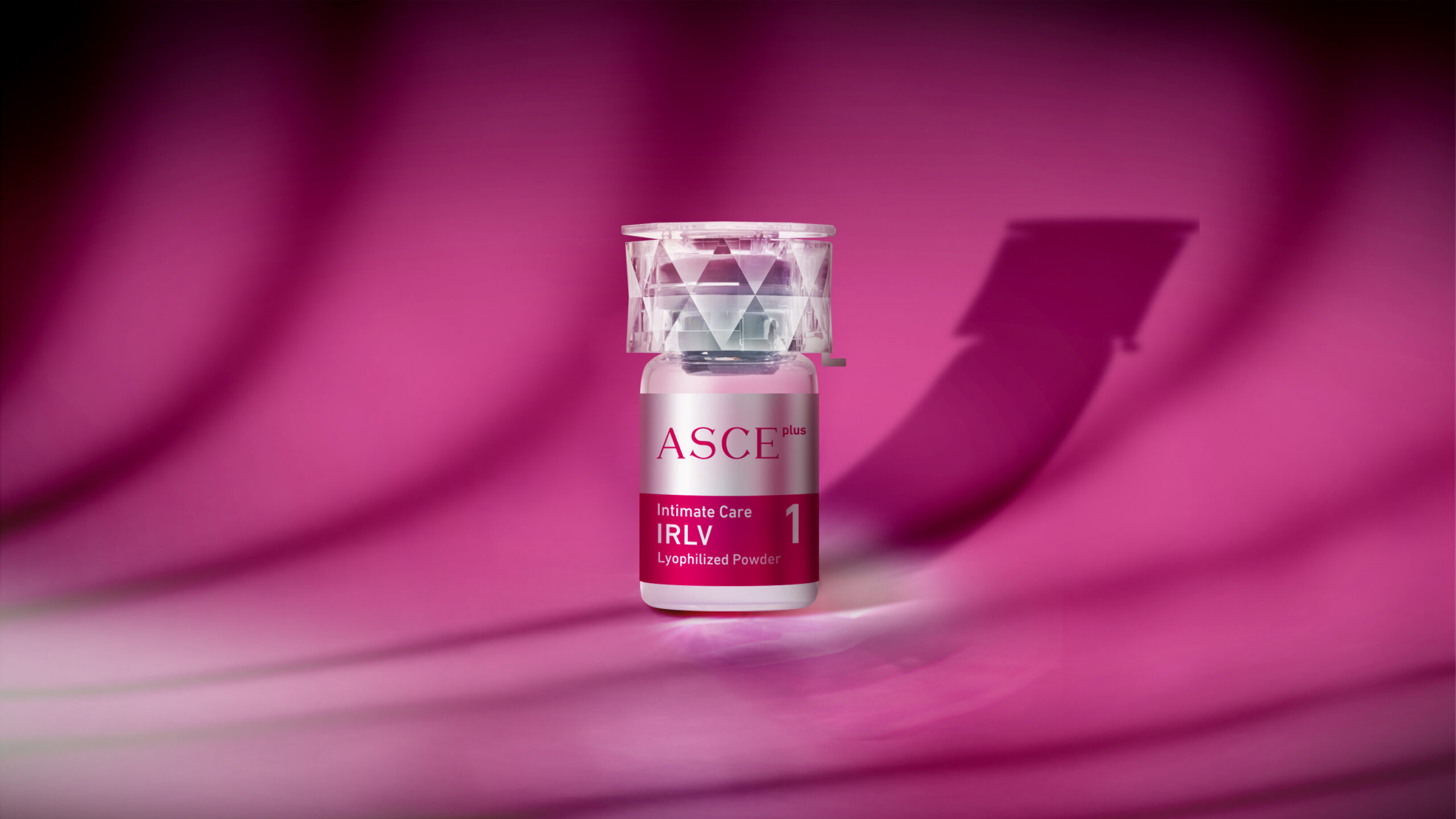
What are Exosomes?
Described as extracellular vesicles or nanoparticles, exosomes are secreted by most cells and contain proteins, peptides and other substances. Due to their regenerative and ant-inflammatory properties, exosomes hold significant implications for vaginal rejuvenation and women’s health.
Reasons for getting Exosome Treatment
Various factors such as ageing, menopause, excessive diet and a decrease in the female hormone, estrogen, reduce the elasticity of the vaginal wall. This results in a thin, dry and easily scarred vaginal wall as well as itching and stinging symptoms.
Patients opt for exosome treatment to improve dyspareunia-related discomfort and vaginal atrophic symptoms.
These may include:
- Itching sensation
- Burning sensation
- Dryness
- Inflammation
How does Exosome Treatment work?
The topical application of exosome treatment encourages tissue revitalisation, increased elasticity and vaginal health through producing signalling molecules that stimulate cellular repair and collagen synthesis. In the vulvo-vaginal area, exosomes have been shown to renew and repair tissues by stimulating fibroblasts. Additionally, exosomes have been found to create new blood vessels from vascular permeability, stimulate immunomodulation and decrease induced oxidative stress.
In Dr Li’s clinic, ASCEplus IRLV exosome treatment can be applied with local anaesthetic cream to the damaged vulva area to improve vaginal health. This treatment can be combined with FemiLift laser or Morpheus8V to improve dyspareunia-related symptoms including itching, burning and lichen sclerosus.
Overall, this innovative treatment provides women with a non-invasive and safe solution for intimate wellness
Please note that all surgeries and procedures carry risks and complications. Before proceeding, you should seek a second opinion from an appropriate health professional.
-Dr Sharon Xian Li (MED0001402739)
Registered Medical Practitioner, Obstetrician and Gynaecologist
Bachelor of Medicine and a Bachelor of Surgery (MBBS)
Fellow of the Royal Australian and New Zealand College of Obstetricians and Gynaecologists